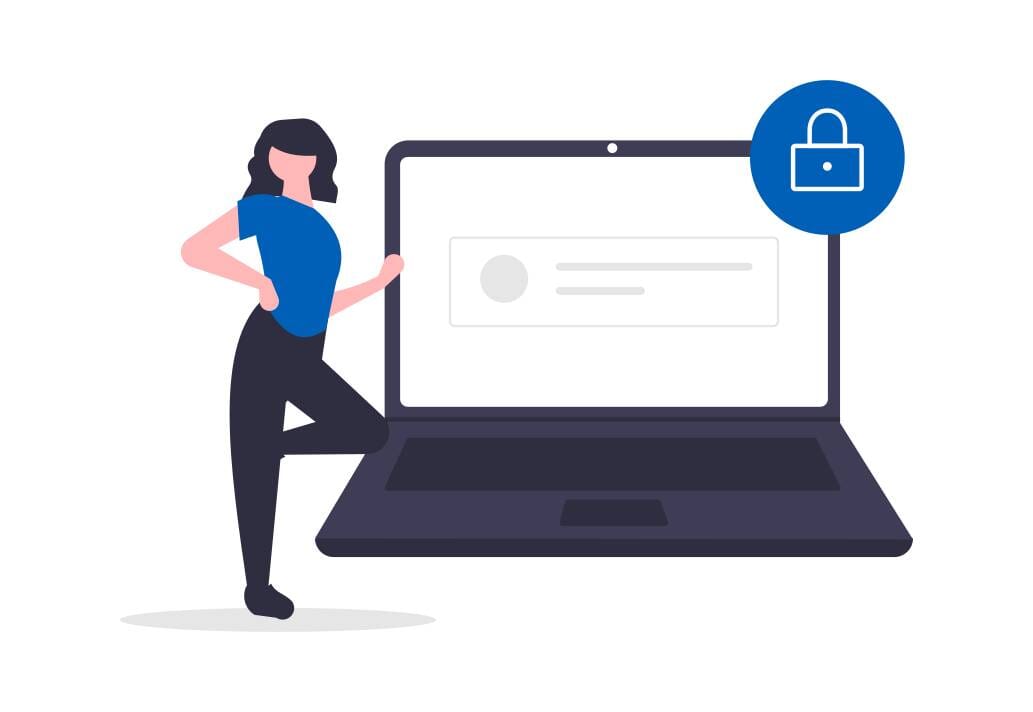
In today's digitally connected world, where e-commerce platforms like Shopify empower businesses of all sizes to reach customers globally, the protection of sensitive customer data is paramount.
As the use of Artificial Intelligence continues to grow in online retail, ensuring robust security measures is essential to maintain trust and safeguard customer information.
In this blog, we'll explore some key security best practices that Shopify store owners can use to enhance data protection.
Implement Data Encryption
Encrypting sensitive data is the first line of defence against unauthorised access. Ensure that all customer data, including personal information and payment details, is encrypted both in transit and at rest. Shopify provides robust encryption protocols to secure data transmission and storage, helping mitigate the risk of data breaches and unauthorised interception.
Secure Payment Gateways
Choose reputable payment gateways that comply with industry standards and regulations such as PCI DSS (Payment Card Industry Data Security Standard). Integrated payment gateways like Shopify Payments, PayPal, and Stripe offer secure transaction processing, tokenisation, and fraud detection mechanisms, safeguarding customer payment information from potential threats.
Implement Two-Factor Authentication (2FA)
Two-factor authentication adds an extra layer of security by requiring users to provide two forms of identification before accessing their accounts. Enable 2FA for Shopify store logins to prevent unauthorised access, especially in cases of compromised passwords or phishing attempts.
By requiring both a password and a unique verification code, 2FA significantly reduces the risk of unauthorised account access.
Ensure GDPR Compliance
For businesses operating in the European Union (EU) or handling EU citizen data, compliance with the General Data Protection Regulation (GDPR) is mandatory. Ensure that your Shopify store's data handling practices align with GDPR principles, including obtaining explicit consent for data collection, providing transparent privacy policies, and offering customers control over their personal data.
Shopify offers tools and features to help merchants streamline GDPR compliance efforts, such as data access requests and cookie consent banners.
Regular Security Audits and Updates
Stay vigilant against emerging security threats by conducting regular security audits and software updates. Keep your Shopify store's platform, themes, and apps up-to-date with the latest security patches and fixes. Periodically review access controls, permissions, and third-party integrations to identify and mitigate potential vulnerabilities proactively.
Conclusion
In an AI-driven world where data is increasingly valuable and vulnerable, prioritising security best practices is essential for Shopify store owners and any other business handling customer information to protect customer data and maintain trust.
By implementing robust encryption, secure payment gateways, two-factor authentication, and GDPR compliance measures, businesses can mitigate the risk of data breaches and ensure a safe and secure online shopping experience for their customers.
Remember, safeguarding customer data isn't just a legal requirement—it's a commitment to building long-term relationships based on trust and integrity in an increasingly interconnected digital landscape. As threats evolve and technologies advance, staying informed and proactive in security measures remains key to safeguarding sensitive information and fostering customer confidence in your Shopify store.